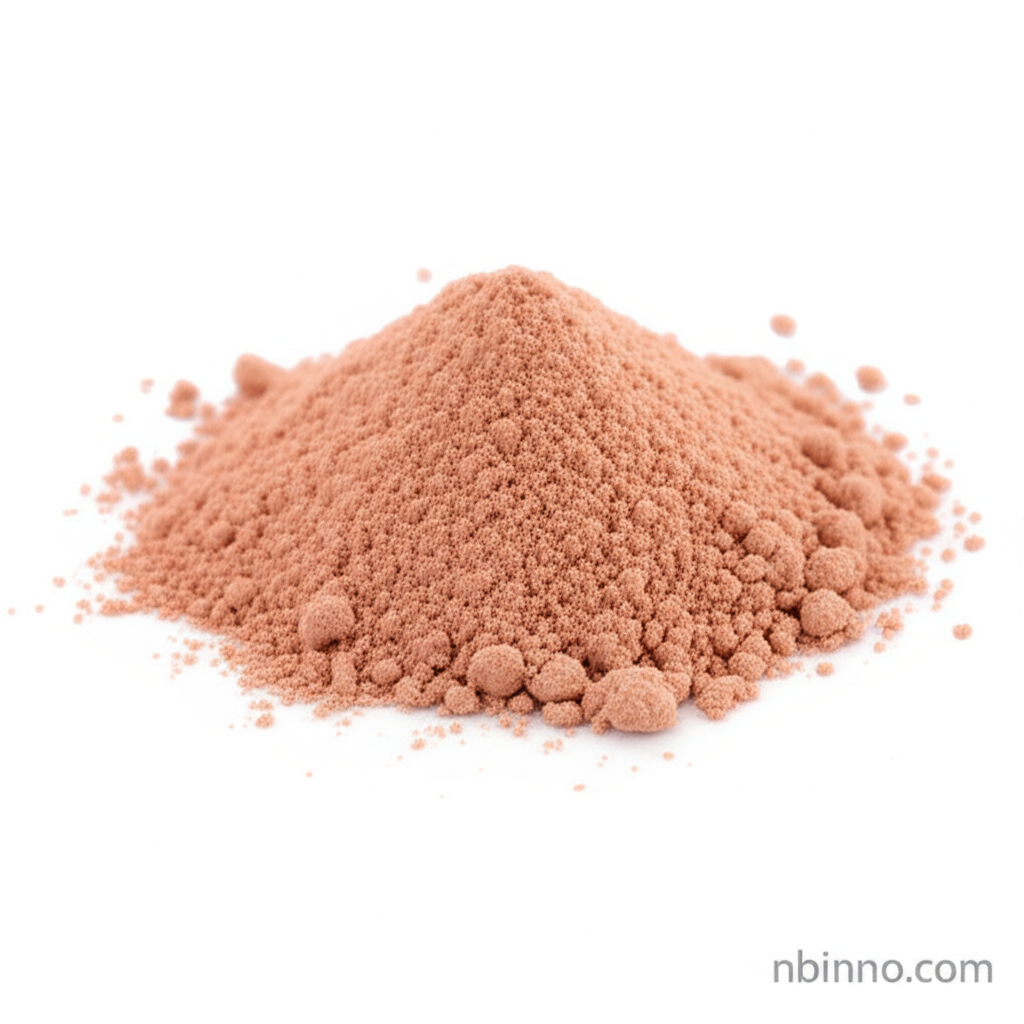4-Hydrazinobenzoic Acid Hydrochloride: A Key Pharmaceutical Intermediate
Discover the synthesis, applications, and vital role of this essential fine chemical in modern drug development.
Get a Quote & SampleProduct Core Value

4-Hydrazinobenzoic Acid Hydrochloride
This compound is a crucial fine chemical intermediate with diverse applications, most notably in the pharmaceutical sector. Its unique structure and reactivity make it indispensable for creating complex molecules.
- Explore the 4-hydrazinobenzoic acid hydrochloride synthesis pathways to understand its production and purity.
- The compound serves as a vital deferasirox intermediate, critical for producing life-saving medications.
- Discover the broad 4-hydrazinobenzoic acid uses, spanning from pharmaceutical development to analytical chemistry.
- Learn about its excellent water solubility, enhancing its utility in various laboratory settings and organic synthesis reagents.
Key Advantages
High Purity and Stability
With a purity of 97.0% or higher, this compound ensures consistent performance in critical chemical intermediate for drug development processes, offering reliable results.
Versatile Reactivity
The compound's reactivity makes it a cornerstone in the synthesis of hydrazone derivatives and other complex nitrogen-containing organic compounds.
Essential Pharmaceutical Role
As a key building block, it plays a significant role in pharmaceutical development intermediate applications, especially in creating advanced therapeutic agents.
Key Applications
Pharmaceutical Development
Essential for creating APIs, particularly in the pharmaceutical development intermediate space, contributing to novel drug discovery and production.
Analytical Chemistry
Utilized in analytical methods to enhance the sensitivity and specificity of assays, supporting accurate scientific measurements and chemical intermediate for drug development.
Polymer Chemistry
Acts as a cross-linking agent to improve material properties, demonstrating its utility beyond traditional fine chemical manufacturing.
Bioconjugation
Facilitates the attachment of biomolecules, crucial for drug delivery systems and advanced research in biotechnology, highlighting its role in drug development building blocks.
